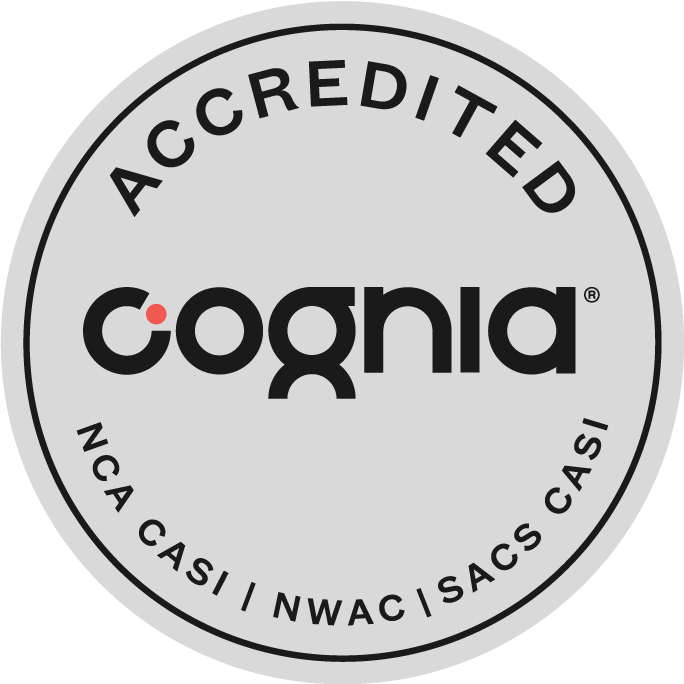KIPP WAYS Academy
-
Grades Served5-8
-
Founded 2003
-
Students406
-
Teachers 31
About Us
Founded in 2003, KIPP WAYS Academy was the first KIPP Atlanta school to open. WAYS stands for West Atlanta Youth Scholars and we are proudly rooted in our West Atlanta community. The WAYS campus building is named after an Atlanta pioneer, Alonzo Herndon, who was one of the first Black millionaires in the United States.
KIPP WAYS Academy is centered around Afrocentric teaching and values and we empower ourselves through community service and activism. Our values are: Umoja (Unity), Ujima (Collective Work and Responsibility), Kujichagulia (Self-determination), Nia (Purpose), and Imani (Faith). African village practices and cultures are incorporated throughout our school and each school year, we establish “villages” composed of a mix of fifth through eighth-graders.
KIPP WAYS Academy shares a campus with KIPP WAYS Primary School (grades K-4), offering a full K-8 academic experience.


Nate Snyder serves as the principal of KIPP WAYS Primary School and KIPP WAYS Academy. Mr. Snyder began his teaching career in 2006, teaching middle school math, English language arts, and social studies in Philadelphia as a corps member with Teach for America. While in Philadelphia, Mr. Snyder earned a Master of Science in Education from the University of Pennsylvania. He later taught high school civics, law, history, and economics in Charlotte, NC.
In 2011, Mr. Snyder joined KIPP WAYS Academy as a sixth-grade social studies teacher, eventually becoming the grade-level chair. As a social studies teacher, he earned teacher of the year honors at KIPP WAYS and was named middle school teacher of the year for all of Atlanta Public Schools. Mr. Snyder has also served as the dean of school culture and as the upper school assistant principal at KIPP WAYS Academy.
Contact Principal Snyder
Email Nate Snyder!
Parent Testimonials
KIPP WAYS Academy School Feeder Pattern
Extracurricular Activities
At KIPP WAYS Academy, we offer the following extracurricular activities:
- Football
- Basketball
- Baseball
- Cheerleading
- Track
- Soccer
- Girls on the Run
- Softball
- Beta Club
- Student Government Association
- Debate Club
- Business Minds Kids
Our Core Values
-

Umoja (Unity)
-

Kujichagulia (Self-Determination)
-

Ujima (Collective Work & Responsibility)
-

Nia (Purpose)
-

Imani (Faith)
Our Results
Our students’ academic results continue to prove what is possible in education.
Helpful Resources

KIPP Atlanta Schools was awarded Accredited status by the North Central Association Commission on Accreditation and School Improvement (NCA CASI), the Northwest Accreditation Commission (NWAC), and the Southern Association of Colleges and Schools Council on Accreditation and School Improvement (SACS CASI)



